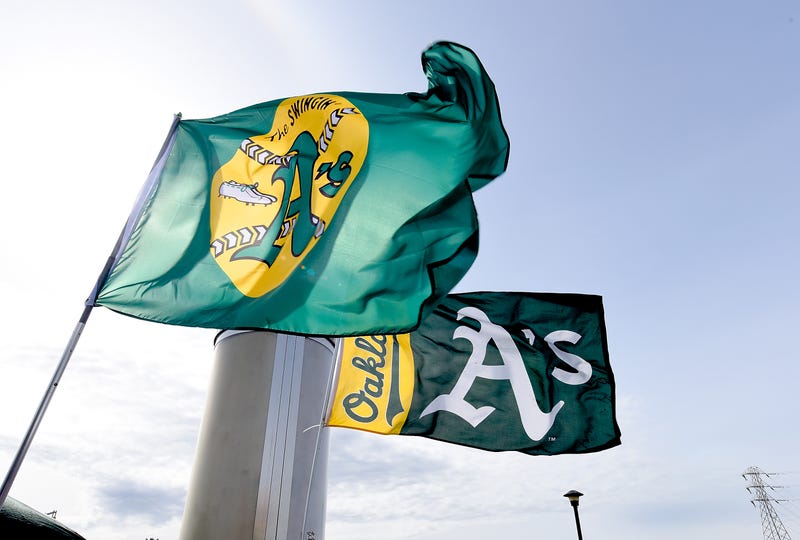
Eight candidates have their names on next week’s ballot to fill the California State Assembly seat vacated by current state Attorney General Rob Bonta, and the issue that divides them most might be in their own backyard.
Mia Bonta, president of the Alameda Unified School District Board, was the only candidate running for the District 18 seat who told the San Francisco Chronicle’s Joe Garofoli on Thursday that she supports the Oakland Athletics' proposed $12 billion mixed-use development project at Howard Terminal.
Garofoli said Friday on KCBS Radio's "The State of California" that Alameda Vice Mayor Mallia Velez also supports the project, which includes a 35,000-seat waterfront stadium.
Four others – San Leandro School Board member James Aguilar, social justice attorney Janani Ramachandran, electrical engineer Stephen Slauson and San Leandro Vice Mayor Victor Aguilar – told Garofoli they oppose it. Two more – public health professional Eugene Canson and retail worker Joel Britton – declined comment to the paper, as did Velez initially.
One of the driving forces for the four opponents, as well as many in Oakland, Alameda County and the East Bay as a whole, is the inclusion of two infrastructure districts in the A’s term sheet, which the Oakland City Council will vote on July 20.
Those districts will raise $855 million in tax revenue to pay the A’s back for on- and off-site infrastructure costs.
"The city says that Oakland taxpayers will not be on the hook for this," Garofoli said on "The State of California." "They say that revenue generated from the project will pay for infrastructure here, but some people – even some of the (Assembly) candidates – say, 'We don't believe that.' That's the issue in front of the Oakland City Council."
Fresh in the voters' and candidates' minds, Garofoli said, is the Raiders' 2020 departure for a taxpayer-funded stadium in Las Vegas as Oakland and Alameda County continue to pay $6.4 million per year on debt used to finance renovations at the Oakland Coliseum that first lured the Silver and Black back to the Bay Area.
Phil Matier reported in 2019 that the city and county debt will total $75 million by the time the last payment is made in 2025.
In December, the California Supreme Court also ruled the Golden State Warriors must repay the city county nearly $50 million in the remaining debt leftover from the publicly financed 1996 renovations at Oakland Arena after the team moved across the Bay to San Francisco’s Chase Center.
"There's a great deal of reluctance among many people, many taxpayers (saying), ‘Well, we don't want to get burned again,' " Garofoli, an East Bay resident, explained. "The city has gone out of its way to say that, 'No, no, no! This is not like the Raiders deal. There's no public funding. Your taxes aren't going to go up for this. Your property taxes aren't going to go up for this.' "

